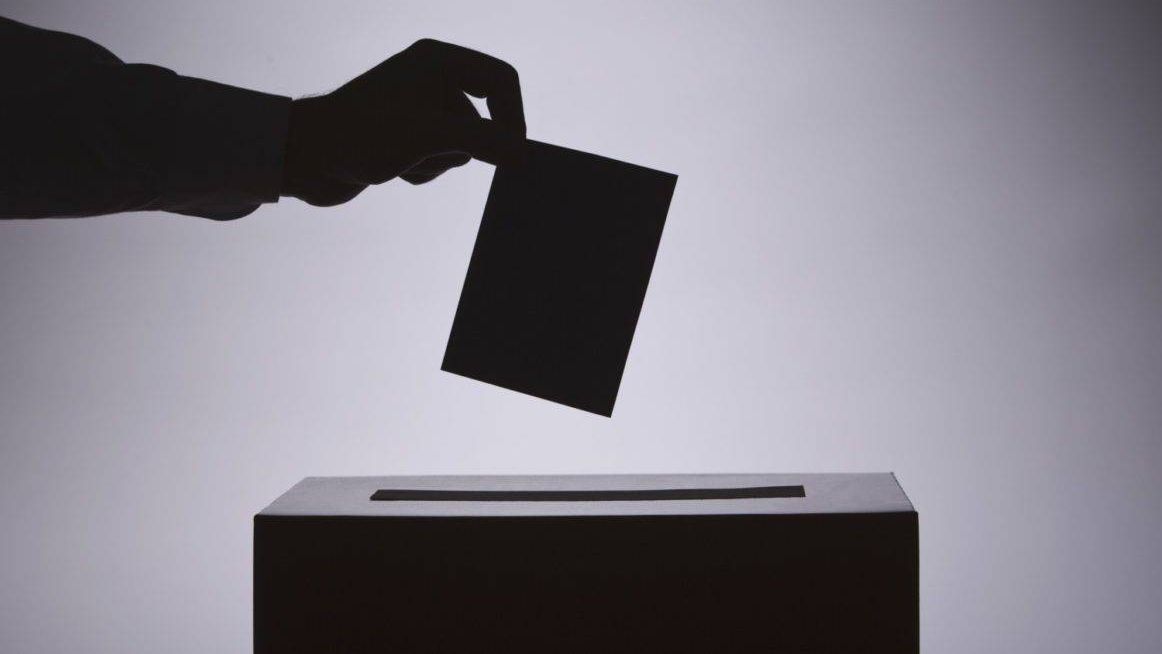
The release of the latest demographic data could be a boon for the Electoral Commission of Namibia (ECN), which is due to prepare voter lists for the November general election, analysts say, the Namibian Sun reported on March 16.
Namibians will be among the two billion voters in 50 countries around the world who will vote during 2024 in various elections. Meanwhile, new census data from Namibia shows its population has risen from 2.1 million to just over three million. The ECN will therefore have to work hard to ensure that all eligible citizens are included in the vote on November 27.
Economists have begun to consider how the new demographic statistics will affect the ECN’s performance in the run-up to the elections. The electoral commission needs to register new voters, as well as voters whose certificates are more than 10 years old; print ballots and conduct voter education programs necessary to ensure that registered voters go to the polls.
The Central Electoral Authority of Namibia has been given two months to register all eligible voters who are not currently on the electoral roll.
Since the ECN is required by law to prepare, publish and submit a provisional voter list 90 days before the election date for public scrutiny and comment, this means that the ECN has until August 27 to complete the process register.
In 2019, the total number of registered voters in the country was 1,358,468. With census results showing that Namibia’s population has since increased to 3,022,401 residents, a significant increase in new voters is expected. According to ECN schedules, the voter registration process will last from June 3 to August 1.
Additional pressure on election preparations, especially given the country’s traditionally lengthy procurement processes, will come from the return to paper voting caused by frequent failures of electronic voting machines in past elections.
Local economist Rui Titende says the ECN will have a lot to do before election day. “If we look at the number of people with the right to vote in 2019, there were 1.35 million and 800,000 people went to vote. We should expect this number to increase if civil society organizations and ECNs become involved in voter education.”– he said.
On the youth front, Titende said he hopes that a significant portion of youth will stay away from the elections. “We, as scientists and civil society organizations, have a responsibility to ask them why they stay away. Mark my words: it is the youth who will determine whether SWAPO remains in power. Young people have a lot to lose if they do not participate in these elections.”he thinks.
Economist Salomo Hay said preliminary census data will be key for the ECN to decide how to allocate its resources for the registration process and elections.
“The population has grown, which means there will be a greater demand for electoral services. The statistics will help the ECN determine the number of election officials to employ, the number of registration and voting stations in specific areas and the level of outreach needed to avoid voter apathy.”,” he pointed.
This year’s elections are expected to be the most important since independence due to the current political climate in the country. Although SWAPO has been in power since the country gained independence in 1990, there is uncertainty over whether the former liberation movement will be able to maintain its dominance, the newspaper noted.
Source: Rossa Primavera
I am Michael Melvin, an experienced news writer with a passion for uncovering stories and bringing them to the public. I have been working in the news industry for over five years now, and my work has been published on multiple websites. As an author at 24 News Reporters, I cover world section of current events stories that are both informative and captivating to read.
